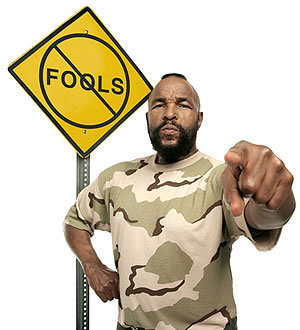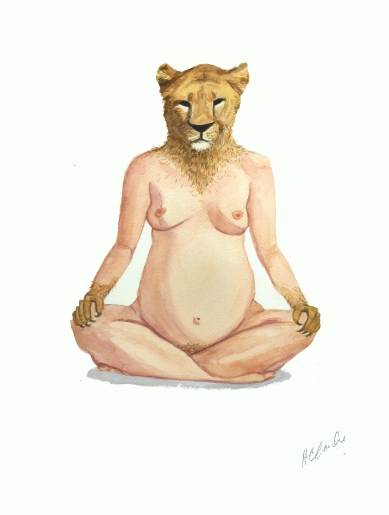
Kyle over at Reformed Buddhist brings up a few interesting points in his current
post I'd like to consider further.
I received an interesting email yesterday from a person that was rather upset by my use of profanity and ‘dark’ sense of humor.
“Your lack of respect for religion, by the example of your excessive profanity and potty mind, shows you aren’t really a Buddhist at all. Stop using that name, you disrespect it!”
Since when did becoming a Buddhist mean that one is magically changed into something other than what one was? Does taking the precepts change someone's sense of humor, likes and dislikes; does it make one’s personality drastically different? No, of course it doesn’t. Buddhism or better yet, religion in general, does not somehow unseat the conditioned mind, and replace it with something others may consider perfect or pure.
I've seen these kinds of comments floating around the internet before. In fact, I've even heard similar things at my zen center a few times. There's no doubt that people struggle with what it means to be on this path.
Anyone who reads Kyle's blog regularly knows he likes to cuss, goof off, and play the Buddhist clown. The guy also displays the marks of a sincere practitioner who is willing to examine the challenging questions that come up within a Buddhist life. Sometimes, his goofing off probably goes too far, but more than a few times, I've seen him apologize or modify his views based on comments coming in. So, I'm not in agreement with the letter writer's statements concerning him.
But there is a larger issue here. Namely, what people believe a Buddhist "should" look like. I get the sense that the letter writer is fixated on a stereotypical image of a Buddhist (i.e. someone who is always calm, always friendly, always saying pleasing sounding things. etc.) This is a terrible hindrance because no one is like this, nor would anyone probably want to be. I remember a sangha member coming back from a retreat with Thich Nhat Hanh a few years ago and saying "A few days, we got to see grumpy Thay." When I heard that, I thought "Oh, good, he's not perfect!" By perfect, here, I meant more that he isn't some pure angel flying in from the sky.
Kyle mentions taking the precepts. I formally received the precepts in 2008. It was a powerful experience that has, I believe, instigated major shifts in my life. Committing to and actually working with the precepts does change how you approach likes and dislikes, what matters and what doesn't, and even how you act in the world in general. But there's no fixed image of what this looks like.
To anyone who is thinking about the imagine of a Buddhist, maybe it's better to consider how a Buddha acts in the world. Specifically, is what you are doing or thinking causing harm to others? This isn't always easy to discern, but I think people often get tripped up on the difference between "hurt" and "harm." Talking about farting and swearing in a blog post might hurt someone's feelings for a minute, but probably isn't causing long term damage to anyone. It might be a foolish use of time, but frankly a lot of things we do are foolish - and I have yet to meet someone who isn't foolish at least a little bit of the time.
Foolish Buddhas we are. Myself, Kyle, the letter writer, you all reading this post. Being foolish isn't something shameful, nor is it something to flaunt. It's the very ground for our awakening, this foolishness.
What does it look like to step into it fully, again and again? That is what it looks like to be a Buddha on the path.






